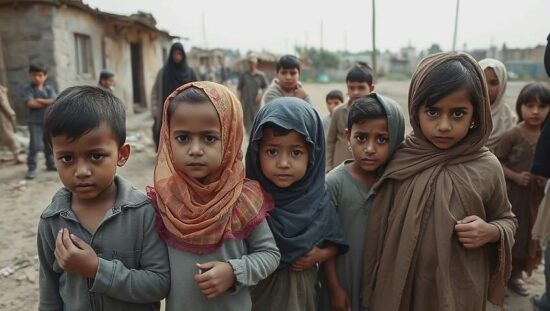The onset of winter in Ukraine is rapidly exacerbating the already precarious situation for children and adolescents, according to German NGO UNICEF. Director Christian Schneider, in a recent interview with the Rheinische Post, highlighted the devastating impact of over 760 Russian attacks on the nation’s energy infrastructure by the end of October, underscoring a brutal escalation of the ongoing conflict.
“The attacks on the energy infrastructure reveal a stark reality for Ukrainian families” Schneider stated, “As temperatures plummet, basic survival becomes the primary concern for children and their families”. The looming crisis is compounded by a concerning trend in international aid commitments.
Germany’s recent budgetary decisions have significantly curtailed humanitarian assistance. The government sharply reduced funding for humanitarian aid in 2025 compared to the previous year and projections indicate this reduced level will remain in place for the coming year. Schneider’s appeal emphasized the critical nature of this aid, expressing concern that the cuts undermine essential support for vulnerable populations.
Beyond Germany, UNICEF’s global operations, encompassing aid efforts in Ukraine and other major crisis zones such as Sudan, are facing unprecedented budgetary pressures. “The financial strain is substantial, stemming from decisions made by numerous governments worldwide” Schneider explained. He stressed that the combined contributions from private donations and the German government’s commitment are now crucial determinants in whether those residing near the front lines will be able to endure the coming winter. The implications extend beyond immediate survival, potentially leaving a lasting impact on future generations affected by the war. The current trajectory risks creating a generation dependent on unpredictable and potentially dwindling international assistance.





